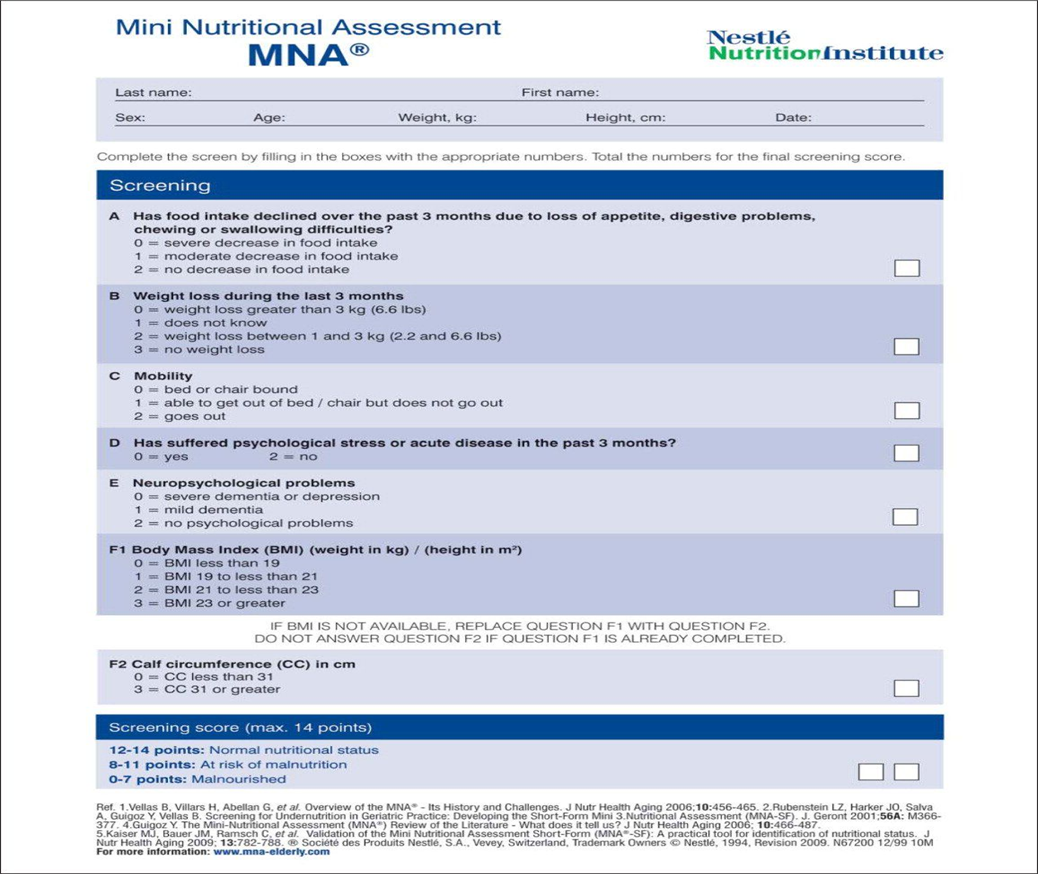Health, Wellness and Illness
1/8
There's no tags or description
Looks like no tags are added yet.
Name | Mastery | Learn | Test | Matching | Spaced | Call with Kai |
|---|
No analytics yet
Send a link to your students to track their progress
9 Terms
Health
A state of complete physical, mental, and social well-being and not merely the absence of disease or infirmity
Acute Illness
less than 6 months
Chronic Illness
Longer than 6 months and requires ongoing long-term care
May be characterized by periods of wellness and exacerbation
Screening Recommendations
Breast cancer screening
Cervical cancer screening
Colon cancer screening
Prostate cancer screening
Metabolic screening
Recommended: Serum triglycerides <150; cholesterol <200; HDL >50; blood glucose <100
Blood pressure
Breast Cancer
Women ages 40 to 44 should have the choice to start annual breast cancer screening with mammograms if they wish to do so.
Women aged 45 to 54 - get mammograms q year.
Women 55 and older should switch to mammograms every 2 years or can continue yearly screening.
Screening should continue as long as a woman is in good health and is expected to live 10 more years or longer.
All women should be familiar with the known benefits, limitations, and potential harms linked to breast cancer screening.
Cervical Cancer
People between the ages of 25 and 65 -get a primary HPV test* done every 5 years. If a primary HPV test is not available, a co-test (an HPV test with a Pap test) every 5 years or a Pap test every 3 years are still good options.
The most important thing to remember is to get screened regularly, no matter which test you get.
People over age 65 who have had regular cervical cancer testing in the past 10 years with normal results- no testing recommended. Those with a history of a serious cervical pre-cancer should continue to be tested for at least 25 years after that diagnosis, even if testing goes past age 65.
People whose cervix has been removed by surgery for reasons not related to cervical cancer or serious pre-cancer – no testing is recommended
People who have been vaccinated against HPV should still follow the screening recommendations for their age groups
Prostate Cancer
Starting at age 50, talk to a health care provider about pros and cons of testing to decide if testing is the right choice.
African American or have a father or brother who had prostate cancer before age 65, talk with a health care provider starting at age 45.
If testing, get a PSA blood test with or without a rectal exam. Frequency depend on PSA level
Colon Cancer
If you are age 45 to 75 years old, you should get screened for colorectal cancer
Nutritional Assessment
